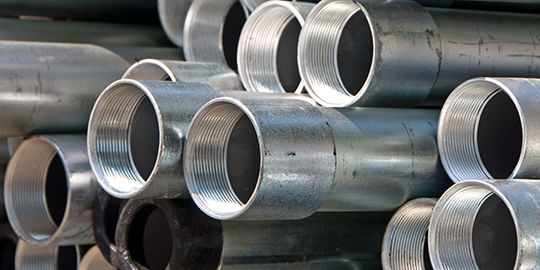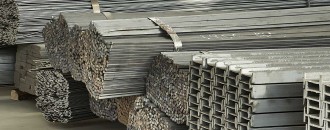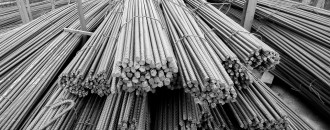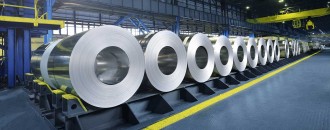
Relaxation in compliance of BIS Standards for foreign cos will affect India’s end users: CAIT
Sai Nikesh | The Dollar Business
Government of India, on Monday, was urged to repeal the proposed ‘Quality Control Order (QCO)’ on imports of steel products into the country. Under the proposed Steel and Steel Products (Quality Control) Order, 2015, Indian government intends to bring various steel products under a mandatory Bureau of Indian Standards (BIS) registration. Raising objection to government’s supposed move, the Federation of Industries of India (FII), said the proposed QCO 2015, if not withdrawn by the Steel Ministry, would have a massive adverse impact on India’s international trade relations. No foreign country or their companies would go for cumbersome BIS registration procedure for the sake of exporting small quantities of steel, occasionally to a few engineering companies in India, it noted, in a letter to the Ministry of Steel, GoI. The steel producers should follow anti-dumping or SG route to check dumping of steel, if any, happening in India and not through the mandatory Control Order route, FII added. When contacted, Praveen Khandelwal, National Secretary General, Confederation of All India Traders (CAIT) told The Dollar Business that ‘such an argument against QCO on steel imports makes no sense’. “Relaxation in compliance of BIS Standards for foreign companies will amount to surrender of sovereignty of the country,” he said replying to a query on whether government’s supposed move would really have negative impact on India’s international trade relations. Instead, the argument could have been for ‘more policies in support of Indian companies to ensure robust growth, thus, encouraging them to export more instead of importing’, he noted. H Shivramkrishnan, Chief Commercial Officer, Essar Steel India, also made a similar comment when The Dollar Business sought his opinion on the matter. He said, “The purpose of BIS standards is to ensure quality steel for all applications and end users. Countries like Indonesia, Malaysia have imposed strict certification norms for imported steel. Further there are no steel shipments from India to Japan or Korea on account of quality norms and other non-tariff barriers. The BIS norms will apply to Indian steel also.” India should not become a ground for influx of sub-standard steel. This is especially considering the Prime Minister’s vision of ‘Make in India’ quality products. Thus the certification and standardisation of steel, whether imported or indigenous should be welcomed by all stakeholders, he noted. Meanwhile, Metal-Container Manufacturers’ Association (MCMA) wants ‘Cold Reduced Electrolytic Tin Plate’ to be withdrawn from the draft QCO 2015. It says, ‘Metal container comprises only about 5% of the total packaging industry and therefore, bringing only Cold Reduced Electrolytic Tin plate under BIS will not serve the purpose.’ Noting that imports from various countries which are producing material as per the standards laid down by Japanese standards, Euro norms, US Standards etc, the MCMA says, ‘Like BIS, these standards in different countries are aligned with ISO standards and are as strict on quality as BIS. They are generally equivalent and therefore, same should be recognized.’ The total sixteen steel products listed by the Ministry of Steel in Draft Steel QCO dated April 29, 2015 under mandatory BIs certification, include mild mteel and medium tensile steel bars and hard-drawn steel wire for concrete reinforcement, cold reduced low carbon steel sheets and strips, hot rolled carbon steel sheet and strip, carbon steel billets, blooms, slabs and bars for forgings, steel chequered plates, cold rolled steel strips, among others.
June 22, 2015 | 7:36 pm IST.





 to success.
to success.